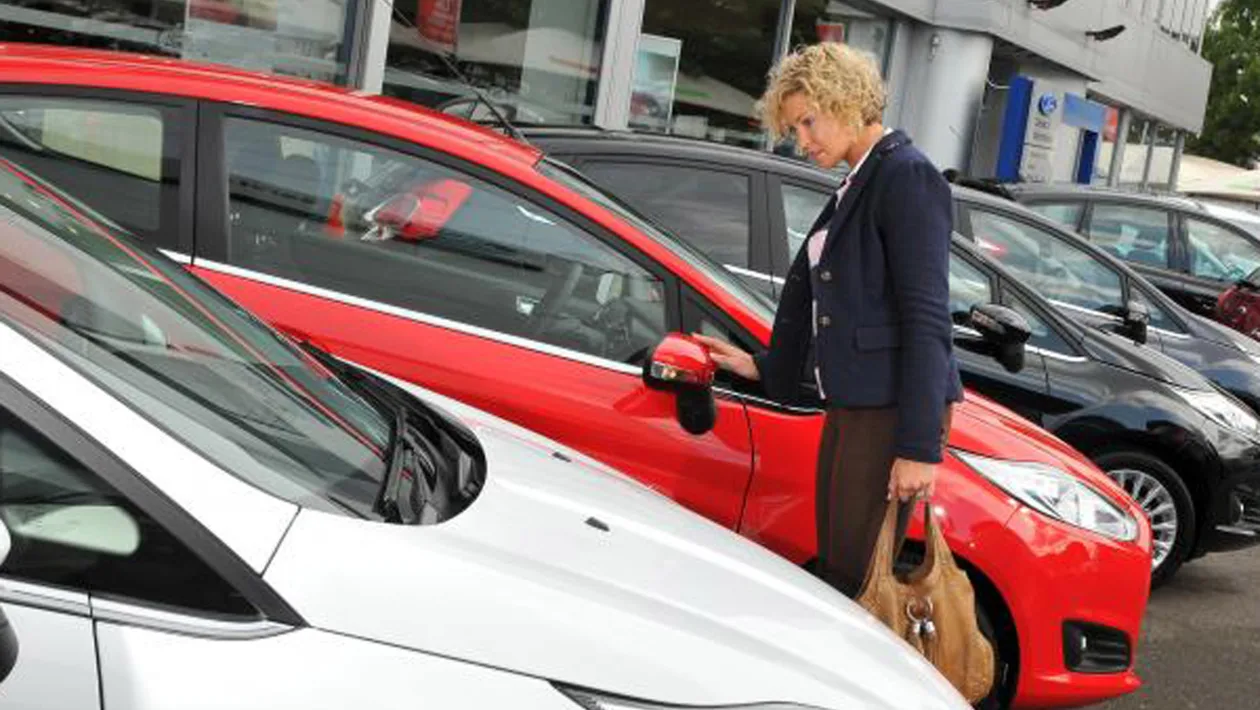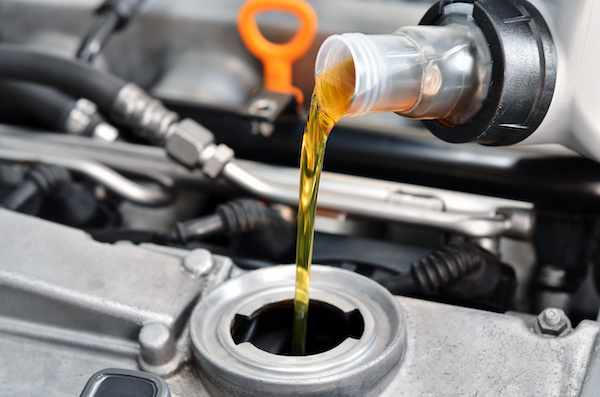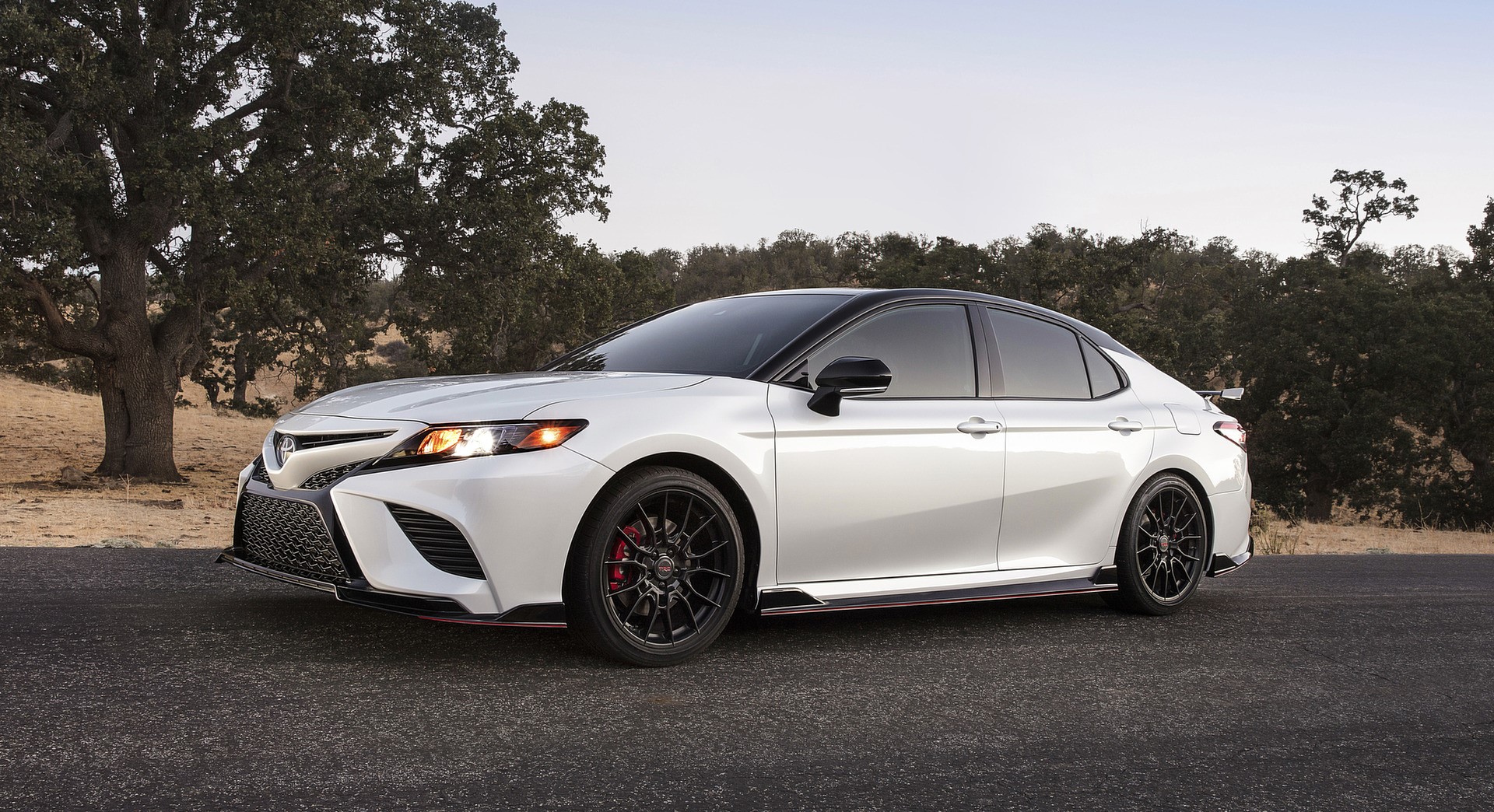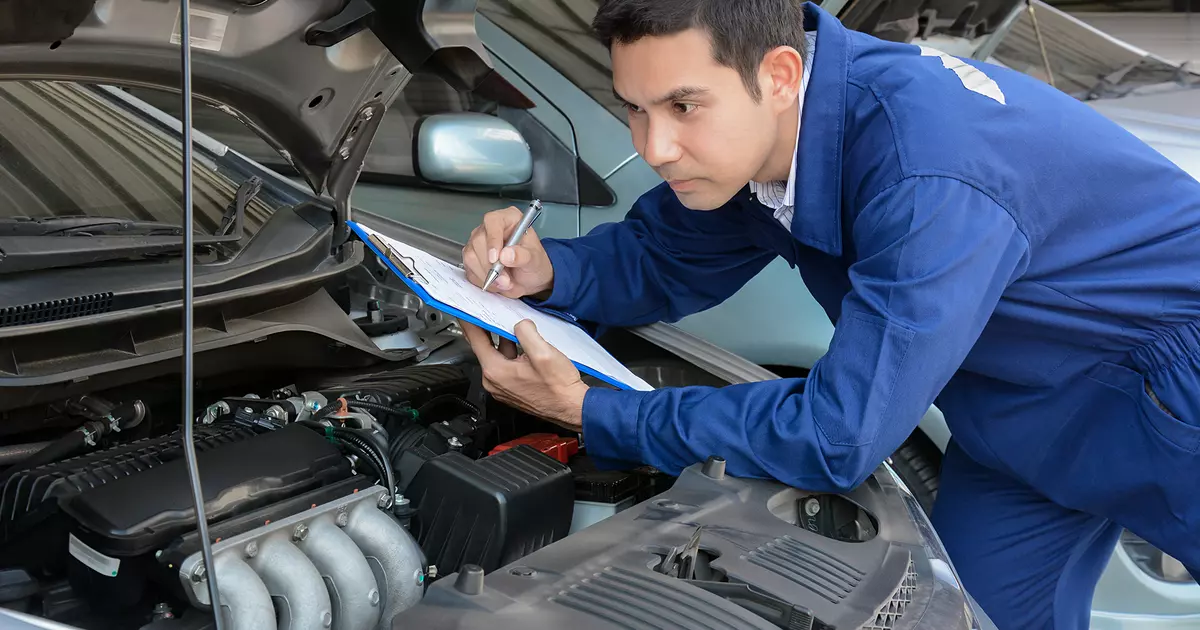Buying a used car can be a smart financial decision, but it also requires careful assessment to ensure your purchase is wise. This important checklist will guide you through the necessary steps to ensure you get a vehicle that is reliable and worth your money.
Understand your needs
Assess your budget
Before entering the car market, it is crucial to determine your budget. Consider not only the purchase price, but also insurance, taxes and future maintenance costs. Creating a realistic budget can help you narrow down your options and avoid financial strain.
Determine what type of car you need
Rethink the purpose of cars. Whether you’re traveling, hauling freight or taking a weekend getaway, your needs will determine which type of vehicle is best for you. Consider factors such as fuel efficiency, size and functionality.
Research the market
Where to find used cars
You can find used cars from dealers through private sellers or online platforms. Each source has its pros and cons, so choose based on your comfort level and the type of deal you’re looking for.
Compare prices and features
Once you know what you want, you can compare prices and features from different sellers. Use resources such as Kelley Blue Book or Edmunds to find out the fair market value of the car you are considering.
Check the vehicle history
The Importance of Vehicle History Reports
A vehicle history report can reveal important information about a car’s past, including accidents, repair history and previous ownership. This report is critical to preventing potential hazards in your car.
Red flags in automotive history
Be wary of cars with a history of major accidents, frequent repairs or title problems. These may indicate future problems and costs.
Check the condition of the car
Visual inspection checklist
Check for uneven panel gaps, rust spots and mismatched paint, which can indicate past accidents. Make sure all lights and signals are working properly.
internal checklist
Check inside the vehicle for wear on the upholstery, the working condition of the dashboard functions, and any odors that may indicate mold or mechanical problems.
Mechanical checklist
Ideally, have your engine, transmission, brakes and other systems thoroughly inspected by a trusted mechanic. Look for leaks, listen for unusual noises and check the condition of belts and hoses.
test drive car
What to pay attention to during a test drive
During the test drive, pay attention to the car’s handling, including braking, alignment, acceleration, etc. Pay attention to any unusual engine or braking noises.
Frequently asked questions that you should pay attention to
Watch out for problems such as poor alignment, slipping transmission or ineffective braking. These could be signs of major underlying problems.
Dealing with salespeople
Benefits for private sellers and dealers
You can normally get a lower price by buying from a private seller, while dealers can offer warranties and certified pre-owned vehicles. Decide what is more important to you: lower costs or more safety.
Negotiation skills
Whether you are dealing with a private seller or a dealer, you will have to negotiate. Find out what the car is worth and buy it for less than the list price. Be firm but respectful during negotiations.
Complete purchase
Necessary documents
Make sure you receive all necessary documentation, including title, service details, and warranty information (if applicable). Make sure the title is clear and the seller’s name is.
Secure financing and insurance
If you do not pay in full, arrange financing in advance. Also arrange your insurance so that it takes effect as soon as you take possession of the car.
Tips after purchase
Change after purchase
Take into account any changes that need to be made immediately, such as new tires or updated brakes. Make these changes before you start using your car regularly.
Regular maintenance tips
Regular maintenance is essential to keep your used car in good condition. Follow the manufacturer’s recommendations for maintenance intervals.
finally
Buying a used car requires careful planning and consideration. Follow this checklist to ensure you make an informed decision and invest in a vehicle that meets your needs and budget.



